Five cyclists have cycled more than 170 miles from Edinburgh to Aberdeen to attend Climate Camp Scotland in Torry.
Travelling over three days and camping along the way, the group from Machynlleth in Wales arrived in Aberdeen on Thursday evening.
Cycling the furthest distance on the first leg of the journey, the group cycled through the Cairngorms and up the Cairnwell Pass the second day before finally passing through Braemar to the Climate Camp.
Keziah Rose, 29, from the group said the chats along the journey were always a highlight: “I haven’t got much desire to do these big cycling trips, unless it’s going towards something like a climate camp.
“Because I think the excitement along the cycle is really important and the conversations that you’re having with your group when you cycle are such a huge part of it.
‘Creating and imagining the world you want to see’
“I guess it’s just kind of leading by example, in a way it’s like creating and imagining the world that you want to see.
“And you’re sort of doing that by cycling together as a group because it’s not always easy. It requires a lot of good communication and patience and teamwork and that’s what it’s all about.”
Last year, they also cycled to the G7 in Cornwall from Wales and up to COP26 in Glasgow.
As four of the group are chatting and laughing over shared memories from past trips, including helping extinguish a bin on fire from the last one, it is clear the journeys have brought them closer.
Dan Gifford, one of the more experienced long distance cyclists of the group, said it also helped him to feel more connected with other communities on their way to Climate Camp in Aberdeen.
The 44-year-old added: “You also arrive more physically embodied in the landscape at somewhere. So you see what life is like for people that live in a city as you come through it.
“You’re already in a frame of mind of looking after each other and communicating. And considering we passed lots of beautiful places and lots of places that are decimated – you’re in that zone better.
“It’s perfect for engaging in struggles and change.”
‘Electric cars do not fix car culture’
Mr Gifford said this connection with culture and communities had become harder since car culture has become a big thing in the UK.
“I’ve seen what car culture has done to communities,” he said. “It’s not just that you’re burning fossil fuels that are dug up from the ground that are being added to the carbon cycle.
“It’s that it physically creates a barrier where we don’t communicate with other people, because we have roads through our communities and we’re in glass and metal boxes.
“It’s difficult because things like electric cars are not really addressing the problem of car culture. So it’s a really important discussion and important part of being environmentalists.”
Alice Edwards added they understood these long cycles are a luxury not everyone can afford.
She said: “That was just such a privilege to be able to make that choice to make that journey. With rail prices, with fuel prices, not everyone can exist in those spaces.
“And to lose that connection to nature is losing a large part of yourself. It brings me a lot of peace and it’s really helpful for my mental health so to kind of chop that connection it’s very unfair and unjust.”
Climate camp about mutual solidarity
All the group said they would be leaving the camp feeling more encouraged and that spaces like this are “very necessary”.
Gareth Fysh-Foskett said: “It’s about mutual solidarity as well creating stories and narratives so that when we go back to Midwest Wales, we’ve made connections and we’ve understood the struggles a little bit more deeply.
“We can draw parallels to spaces like this where there was positive human interaction with the natural world, and resistance to corporate greed and sacrificing these green zones.
“We can collectively respond and resist and grow and create beauty.
“And then when we’re in our struggles at home, we can call on support from this community building webs and networks so that we’re stronger together.”
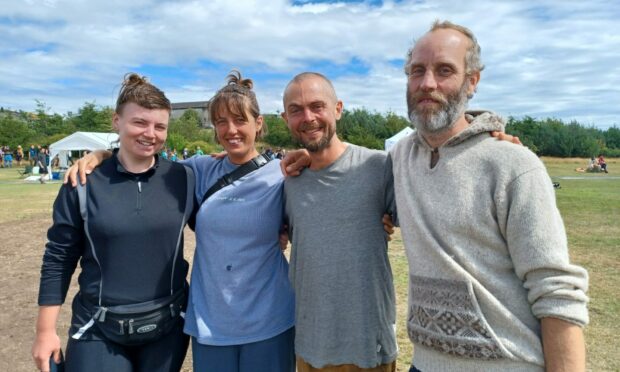
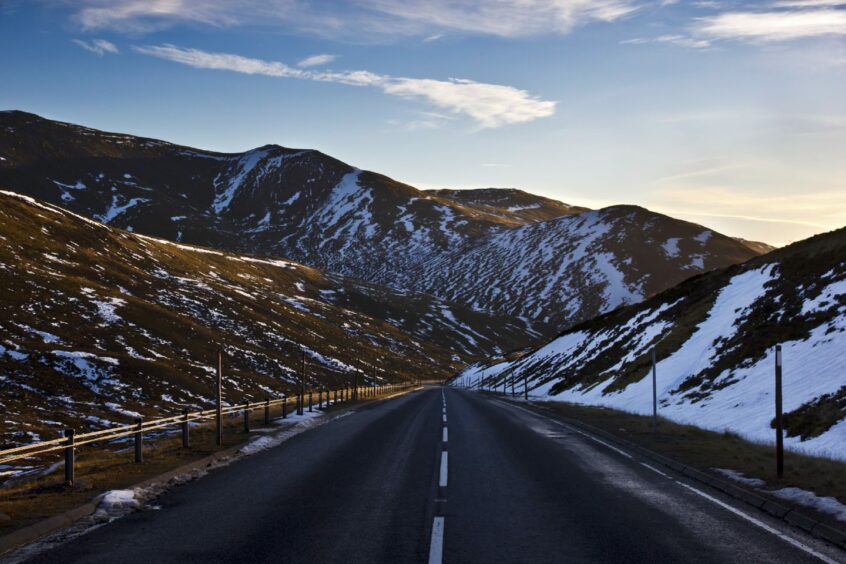
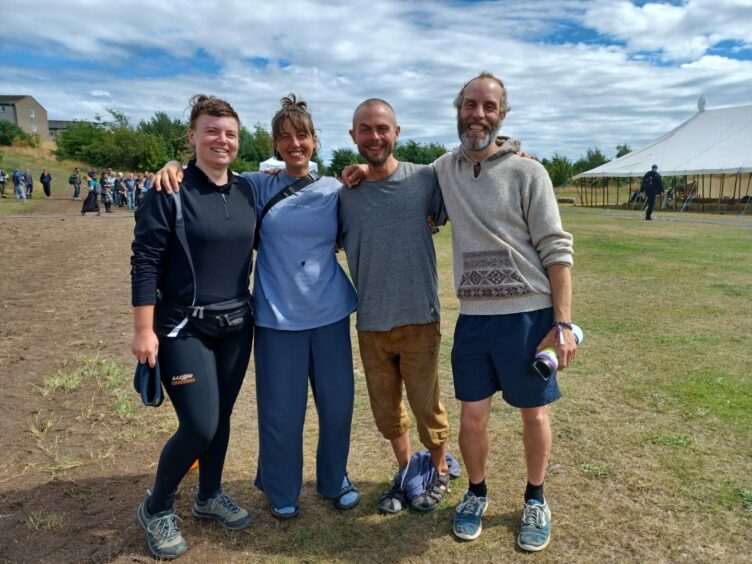
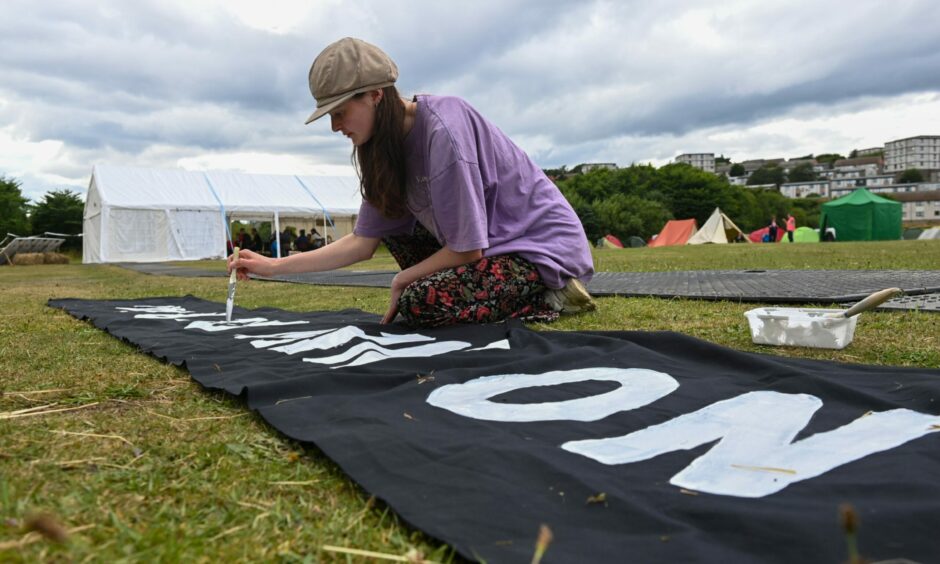
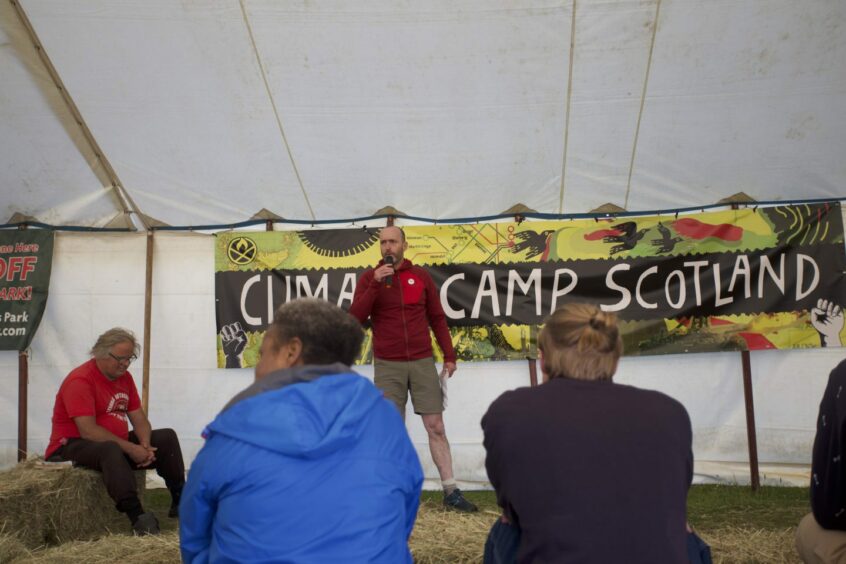
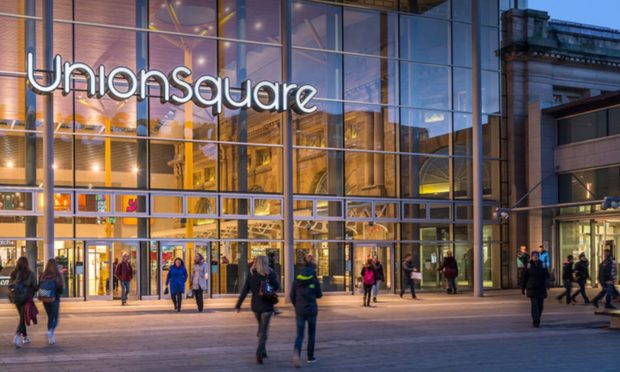
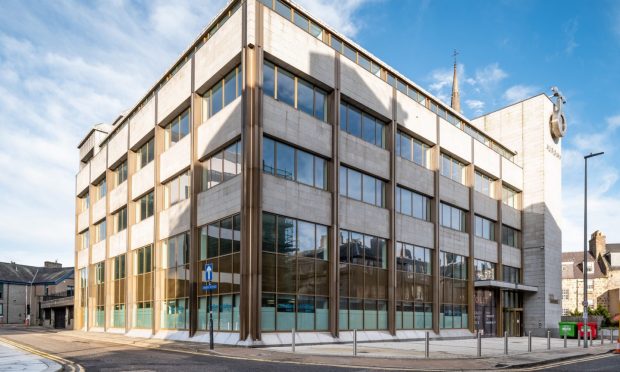
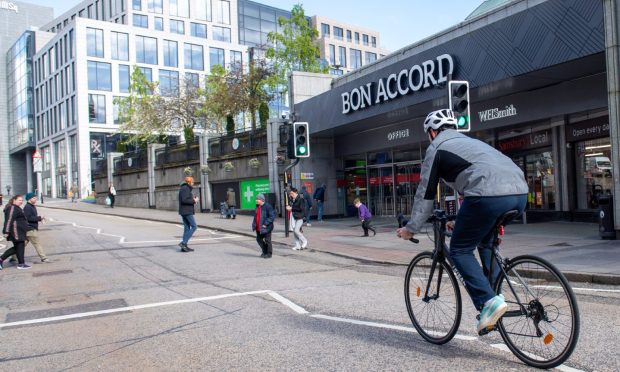

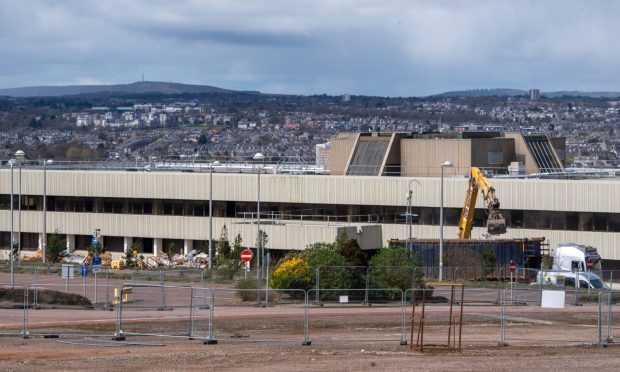

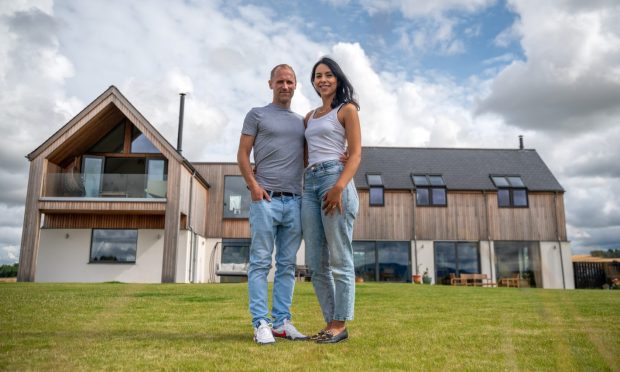
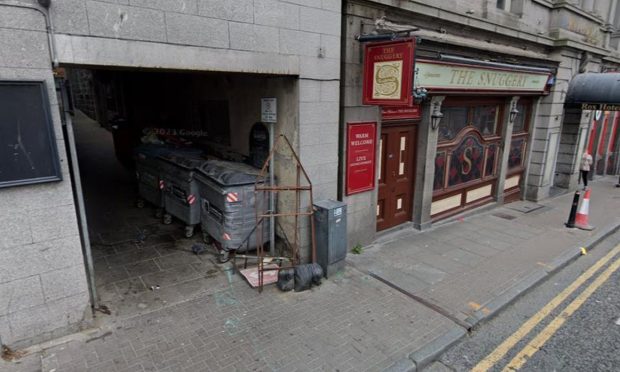

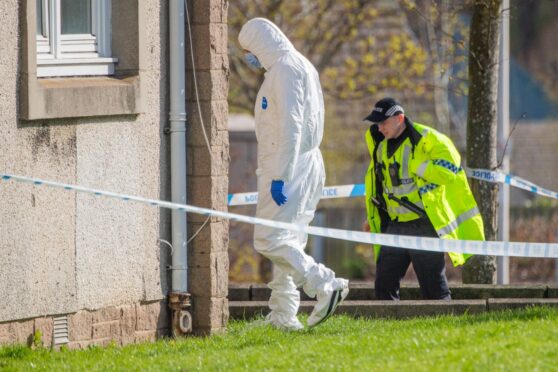
Conversation